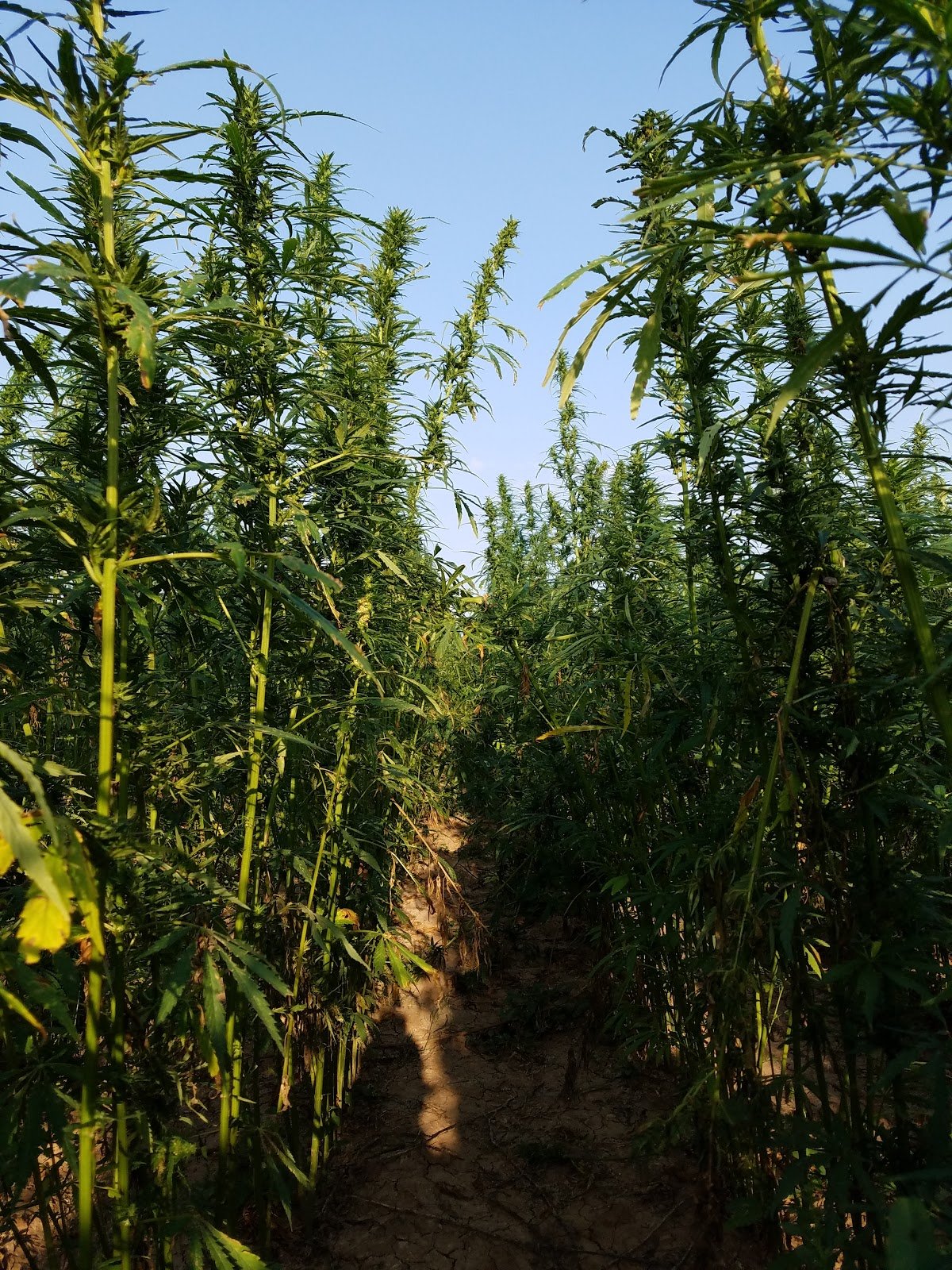
INCCert Announces the Responsible Hemp Standard (RHS), a Global Certification Program for the Sustainable Growth of Hemp
INCCert launches the Responsible Hemp Standard, ensuring traceability and best practices from farm to finished product through third-party verification.

Ensuring Quality and Stability in Global Agricultural Trade through Certification Programs and Standards
In a world marked by rapidly shifting consumer preferences, heightened sustainability concerns, and a growing emphasis on environmental responsibility, the agricultural industry finds itself at a pivotal crossroads. As new agricultural commodities gain prominence in global trade, establishing their legitimacy and credibility becomes paramount. This is where certification programs and standards emerge as indispensable pillars of support.

Standards and Certification Programs: The Cornerstone of Stable Supply Chains and Global Market Growth
Standards and certification programs play a crucial role in stabilizing supply chains, ensuring third-party validation, and growing global markets for emerging commodities.

Feeding the Future: The Vital Role of Supply Chain Transparency in Animal Feed
Quality of feed is paramount to the health and well-being of livestock. Responsible sourcing of animal feed influences the sustainability and environmental impact of the entire livestock industry. In recent years, supply chain transparency, third-party auditing, and responsible sourcing of ingredients have emerged as critical factors, especially with the incorporation of sustainable feed options like hempseed. We explore why these principles are essential in the animal feed industry and how certification programs like RHS (Responsible Hemp Standard) have the potential to revolutionize the animal feed industry.

Building a Sustainable Future: The Role of Supply Chain Transparency in Construction
In an era where sustainability is paramount, the construction industry is undergoing a profound transformation. As consumers, regulators, and businesses alike demand environmentally responsible practices, supply chain transparency and responsible sourcing have become critical factors, especially in the utilization of biobased raw materials like industrial hemp.

Weaving Sustainability into Nonwovens: The Power of Transparent Supply Chains
In the world of nonwovens, where materials are woven together to create countless everyday products, the importance of supply chain transparency and responsible sourcing has never been clearer. With consumers and businesses alike placing increasing emphasis on sustainability, manufacturers in the nonwoven industry face a growing demand for eco-friendly and ethically sourced materials. In this article, we explore why supply chain transparency and responsible sourcing are pivotal, especially in relation to validated Environmental, Social, and Governance (ESG) and carbon reduction claims, and how the "Responsible Hemp Standard" (RHS) certification program is helping to revolutionize this sector.

Fostering Sustainability: The Imperative of Supply Chain Transparency for Plastic Manufacturers
In today's eco-conscious world, where sustainability and environmental responsibility are paramount, the plastics industry faces a unique challenge. The growing demand for sustainable packaging solutions and increasing scrutiny of environmental, social, and governance (ESG) practices require plastic manufacturers to reevaluate their supply chain strategies. This shift toward responsible sourcing is not merely a trend; it's imperative. In this article, we explore why supply chain transparency and responsible sourcing of raw materials are crucial for plastics and bioplastics manufacturers, with a focus on validated ESG and carbon reduction claims.

Cultivating Excellence: The Vital Role of Supply Chain Transparency and Responsible Sourcing in the Food Industry
Amidst growing consumer demands for ethical and sustainable practices, supply chain transparency and responsible sourcing have emerged as powerful driving forces for the future of food companies and manufacturers.

Transforming the Apparel Industry: The Vital Importance of Supply Chain Transparency and Responsible Sourcing
Apparel companies are no longer judged solely by the fashion-forwardness of their designs. Today's consumers demand to know the origins of their garments, from the field to the hanger. Supply chain transparency offers a window into this journey, revealing the processes, practices, and environmental impacts associated with each piece of clothing.

Elevating Agriculture: The Vital Role of RHS Certification in Establishing Industrial Hemp as a Climate-Smart Commodity and Spurring Global Trade
The global call for sustainable practices in agriculture has never been more urgent. In this pursuit, industrial hemp is emerging as a climate-smart agricultural commodity with immense potential to revolutionize various industries. However, for industrial hemp to truly establish itself as a cornerstone of sustainable agriculture and gain the trust of major manufacturers and retailers, a robust certification program like RHS (Responsible Hemp Standard) is essential.

Industrial Hemp: A Climate-Smart Agricultural Commodity Revolutionizing Global Trade and Fostering Climate Action
With climate change being one of the most pressing challenges facing humanity today, the need for climate-smart agricultural commodities becomes paramount. Hemp is an emerging fiber and oilseed crop that can serve as a raw material to numerous industries with the potential to foster climate action through global trade.

